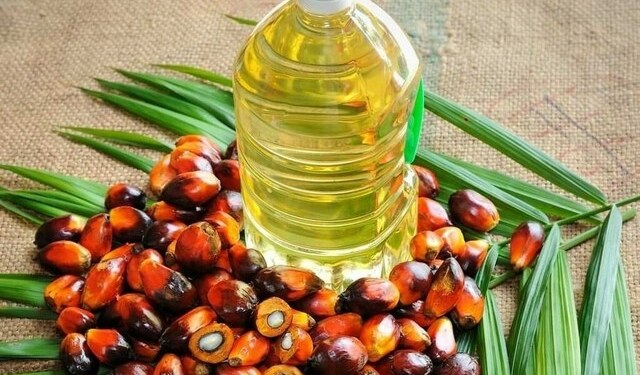BANGKOK, June 4 (Reuters) – Three of the world’s top rubber-producing countries, Thailand,Indonesia and Malaysia, will meet next week to discuss measures to stabilise prices, a senior Thai official said on Tuesday.
Traders and other industry officials said they expected Thailand to propose new export curbs or measures to limit supply as a way of propping up prices and support farmers.
Any such proposal would be similar to export curbs that cut 300,000 tonnes of rubber from exports October to end-March in an effort to lift prices from last year’s low of $2.75 per kg.
But Indonesia and Malaysia have been lukewarm about export curbs recently.
“It seems like (Indonesia and Malaysia) are happy with current prices and they want prices left to be moved by the market mechanism,” said a trader in the city of Hat Yai, the centre of the rubber trade in Thailand’s south.
Some in Thailand also have misgivings.
“Pushing prices higher was not the right answer as you might recall that buyers stopped buying when prices hit a record. It was a shock,” said a Bangkok-based trader.
Chanachai Plengsiriwat, head of Thailand’s Rubber Estate Organisation, a government agency overseeing rubber issues, said next week’s meeting of senior officials from the three countries would be held June 12 to 14 in Palembang, Indonesia.
Chanachai said the meeting was organised by the International Tripartite Rubber Corporation (ITRC), which groups together top producer Thailand, second biggest Indonesia and fourth biggest Malaysia.
Chanachai, also an ITRC official, did not give details about what Thailand might propose at the meeting.
Rubber is a politically sensitive commodity in Thailand, where it provides a livelihood for around 1.3 million smallholders, mostly poor farmers.
The price of benchmark export-grade Thai smoked rubber sheet (RSS3) was at $3.05 per kg on Tuesday, having rallied from a low of $2.90 in January.
Prices picked up from late February and have stayed above $3 per kg over the past few months as dry weather has cut supply.
Traders said prices were expected to rise slightly over the next few weeks as supply was now limited by unseasonable rains, which have disrupted tapping.
RSS3 hit a record high of $6.40 per kg in February 2012 but weak global demand pushed prices to last year’s low point of $2.75 in August.
That prompted Thailand to push for export curbs in October and the three ITRC countries agreed to the earlier export reduction programme. When that agreement expired on March 31, Thailand continued cutting its exports for another two months until the end of May.
There has been no official word on how much Thailand cut its rubber shipments over the April-May period.
Partly due to the export curbs Vietnam overtook Malaysia last year to become the third biggest rubber exporter. Vietnam also overtook Malaysia as the third largest producer.
Vietnam will not be at the meeting next week in Indonesia as it is not a member of the ITRC. Senior officials at the ITRC have said it is expected to join the rubber grouping soon.
(Reporting by Apornrath Phoonphongphiphat; Editing by Alan Raybould and Tom Hogue)
Source: Reuters




























